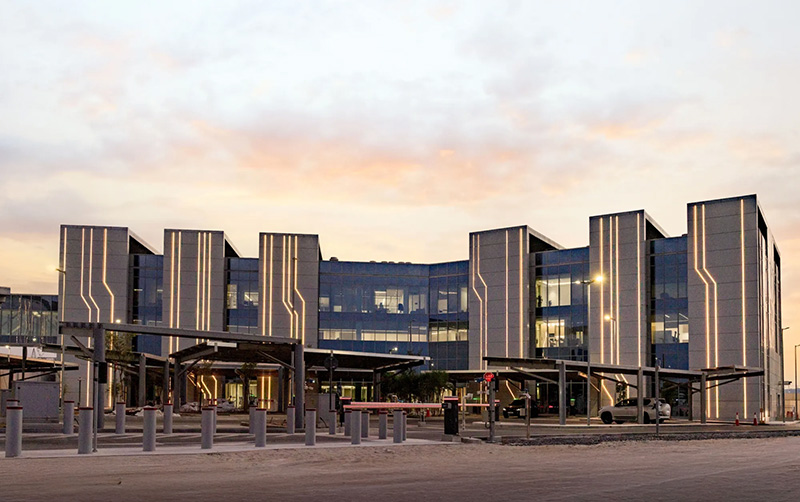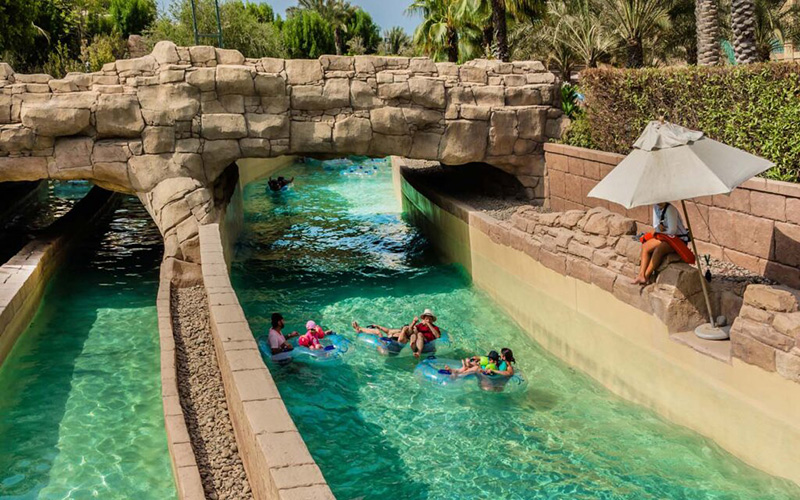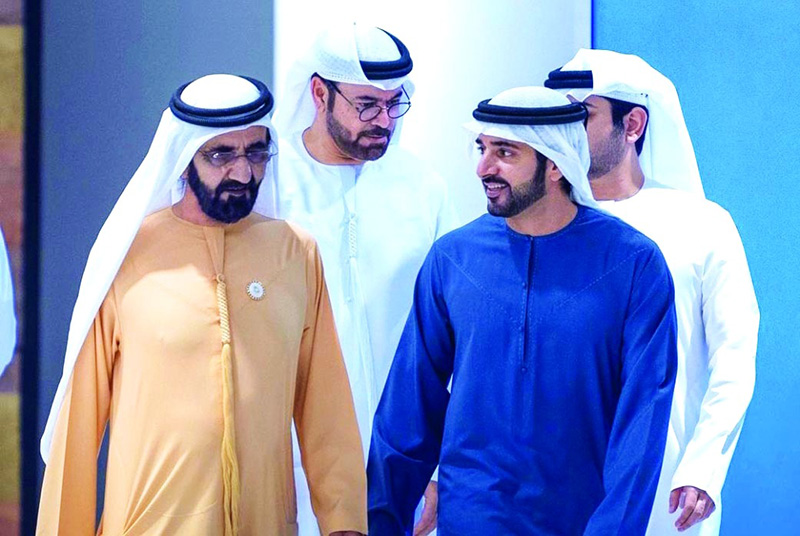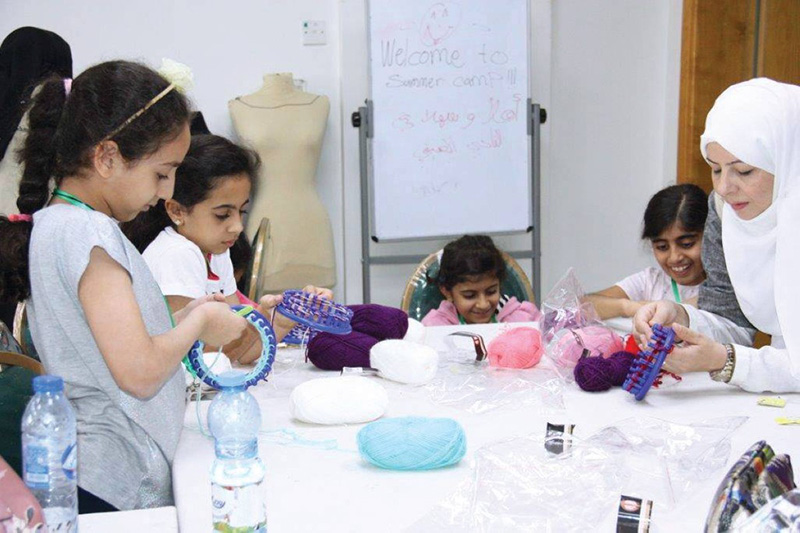
In a historic achievement for the United Arab Emirates, UNESCO’s World Heritage Committee has approved the inclusion of Al-Faya in Sharjah on its prestigious World Heritage List. The decision, made during the committee’s 47th session held in Paris, recognises Al-Faya’s “outstanding universal value” as one of the world’s oldest and most continuous records of human life in desert environments, dating back more than 200,000 years.
Al-Faya now stands among 1,226 sites worldwide celebrated for their exceptional cultural or natural significance. Of these, 955 are cultural, 231 natural, and 40 are mixed, spread across 168 countries. The Arab world collectively hosts 96 sites in 18 countries, with Al-Faya emerging as a defining addition for the region.
Located in central Sharjah, Al-Faya represents an extraordinary example of how ancient humans adapted to and thrived within harsh desert landscapes. Its geological layers, uncovered over three decades of meticulous excavation by the Sharjah Archaeology Authority and international teams, reveal 18 sequential strata documenting distinct phases of human activity and survival strategies in arid environments.
This inclusion holds unique significance for the UAE as Al-Faya becomes the nation’s second World Heritage Site after Al Ain’s cultural sites were listed in 2011. It also marks the world’s first desert site inscribed specifically for its Stone Age heritage, emphasising the critical role deserts have played in humanity’s evolutionary journey. Deserts today cover about 20% of Earth’s surface and were crucial in human migration and settlement patterns across continents.
The nomination, titled “The Cultural Landscape of Al-Faya Prehistory”, was the only Arab submission reviewed by UNESCO this year, making its acceptance a moment of immense pride for the UAE, Sharjah, and the broader Arab world. It reinforces Sharjah’s status as a cradle of early human history and deepens its imprint in the records of global civilisation.
Decades of Research and Global Collaboration
Al-Faya’s recognition is the result of over 30 years of extensive archaeological research and site preservation efforts. Scientific partnerships with leading universities, including Germany’s University of Tübingen and the University of Oxford Brookes in the UK, have enabled advanced studies into the ancient environments in which early humans lived and evolved.
Reflecting on this milestone, Sheikha Bodour bint Sultan Al Qasimi, the official ambassador for Al-Faya’s nomination, expressed her gratitude to the World Heritage Committee, stating:
“Al-Faya tells a story that belongs to all of humanity. Its inscription reaffirms Sharjah’s role as a cradle of early human civilisation and highlights the Arabian Peninsula’s pivotal role in the journey of humankind out of Africa. The stone tools found here, dating back over 200,000 years, are a powerful testament to the ingenuity of our ancestors.”
She emphasised the UAE’s commitment to protecting this site so it remains a source of knowledge and inspiration for generations to come.
A Heritage for All Humanity
Issa Yousif, Director General of the Sharjah Archaeology Authority, echoed these sentiments, highlighting that World Heritage Sites are not confined to national borders but belong to all people worldwide:
“Sharjah’s approach to heritage stems from the belief that such sites are a shared human legacy. The inclusion of Al-Faya reflects decades of scientific rigour, cultural stewardship, and international cooperation under the vision of His Highness Sheikh Dr Sultan bin Muhammad Al Qasimi, who has long championed the preservation of cultural heritage alongside research and education.”
He noted that Sharjah submitted the formal nomination to UNESCO in February 2024 after 12 years of dedicated preparation supported by over three decades of archaeological exploration, environmental studies, and integrated conservation planning. The site underwent rigorous evaluation to ensure it met UNESCO’s stringent criteria for outstanding universal value.
A Vision for Sustainable Heritage
Looking ahead, Sharjah has laid out a comprehensive management plan for Al-Faya from 2024 to 2030, focused on safeguarding its scientific and cultural value while promoting research, education, and sustainable tourism. This vision integrates heritage conservation with community engagement and scientific discovery, positioning Al-Faya as a model for future heritage management globally.
For over a decade, Al-Faya has been part of UNESCO’s “HEADS” programme, which studies human evolution, adaptation, and social development, alongside notable African sites such as the Klassies River Caves and Wonderwerk Cave. This long-standing cooperation underscores Al-Faya’s vital role in enriching global research in archaeology and human history.
The inscription of Al-Faya is not merely a national success but a triumph for humanity, reaffirming that the roots of our shared story are embedded in the sands of deserts that once challenged, nurtured, and defined the course of human survival.









